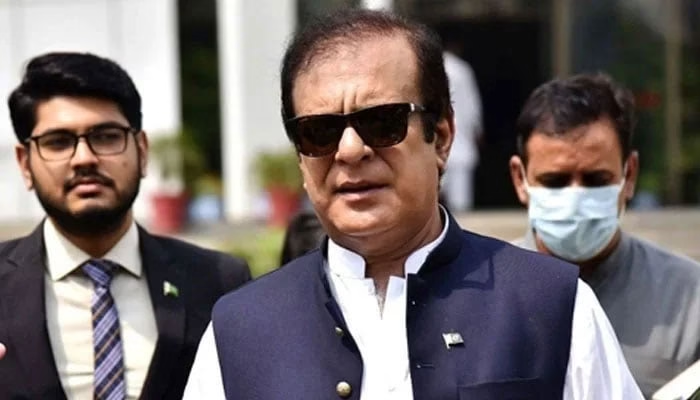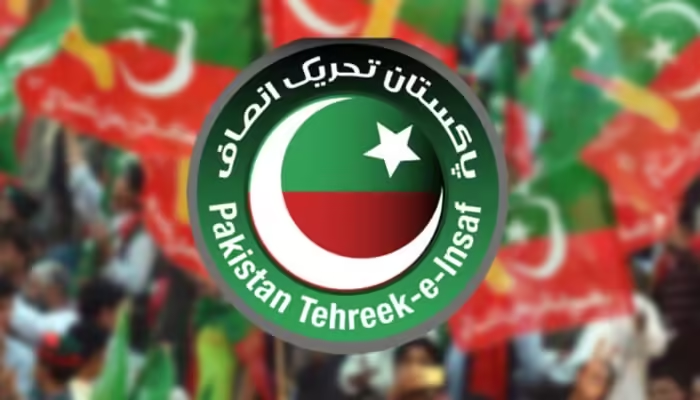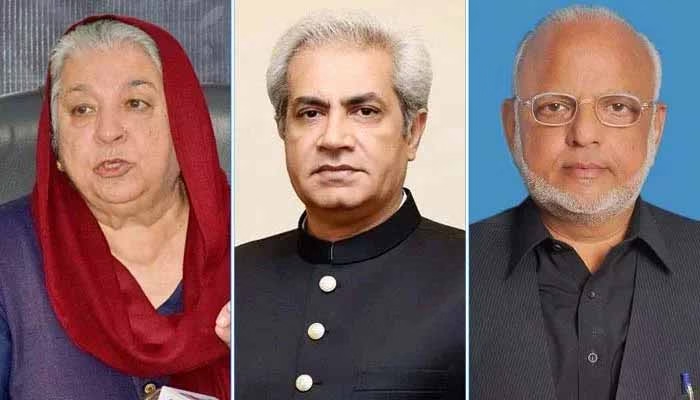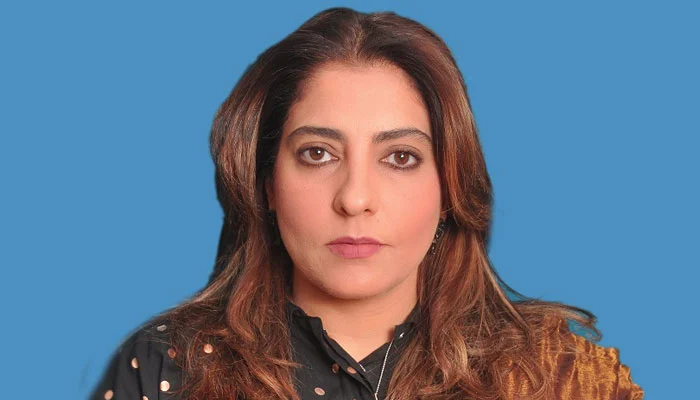In a significant development in Pakistan’s political landscape, Pakistan Tehreek-e-Insaf (PTI) senior leader and Senator Shibli Faraz on Monday urged the federal government to take tangible steps toward initiating a sincere and meaningful political dialogue, rather than relying solely on public statements. His remarks come in response to the renewed call for talks made by the Pakistan Muslim League-Nawaz (PML-N)-led coalition government, led by Prime Minister Shehbaz Sharif.
Speaking to the media, Faraz emphasized that the government’s offers for dialogue should not be limited to statements intended to pacify the political environment superficially. If the government is serious, it must go beyond statements and engage in sincere dialogue, Faraz stated. Dialogue should not be used to create a false sense of normalcy.
Call for Direct Talks
Faraz further asserted that any genuine dialogue must include direct engagement with PTI leadership, specifically its chairman and secretary general. The government should engage directly with the PTI chairman and the secretary general. Talks cannot happen if they are limited to statements in the media, he emphasized.
He cautioned against using the idea of political negotiations as a tool for optics or damage control, noting that dialogue should not merely serve as a performance for public consumption but reflect true democratic intent. “There must be sincerity in the negotiations, and it should be visibly clear that the government is serious,” he added.
Background of Renewed Government Offer
The renewed offer for political dialogue came last week when Adviser to the Prime Minister on Political and Public Affairs, Rana Sanaullah, confirmed that the government remained open and willing to hold discussions on all political matters with the opposition. Speaking to journalists after meeting opposition members, Sanaullah reiterated that Prime Minister Shehbaz Sharif had extended a public and open invitation to PTI from the floor of the National Assembly.
“The PM even offered to meet in the speaker’s chamber if the opposition wasn’t comfortable meeting him directly,” Sanaullah stated. He highlighted that dialogue was essential to the functioning of any democracy and urged the opposition to respond constructively.
The Prime Minister’s recent gestures have also included crossing the floor of the National Assembly to personally shake hands with PTI Chairman Barrister Gohar Ali Khan and other members — a move interpreted by political observers as a rare moment of political courtesy amid a deeply polarized climate.
PTI Chairman Rejects Supreme Court Verdict but Asserts Stability in KP
In a related development, PTI Chairman Barrister Gohar Ali Khan addressed concerns following the Supreme Court’s recent verdict on the reserved seats case. The top court ruled that PTI, being no longer a parliamentary party under its original symbol, was not entitled to reserved seats for women and minorities in the National and Provincial Assemblies — a decision PTI has strongly criticized.
Speaking on Geo News’ program Capital Talk, Gohar expressed strong disappointment over the verdict, stating, The seats won by us were distributed among others — this is wrong.However, he dismissed any speculation that the verdict would destabilize the PTI-led government in Khyber Pakhtunkhwa (KP), where Chief Minister Ali Amin Gandapur continues to hold office.
There is no threat to our government in KP,” Gohar stated confidently, asserting that PTI MPAs would remain loyal and would not succumb to political pressure or inducements. He also issued a challenge to the opposition in KP, inviting them to attempt a no-confidence motion if they believed the provincial government was vulnerable. Let them try to bring a no-confidence motion. It will not succeed,he sai
Real Dialogue or More Deadlock?
With political tensions high and the democratic process facing mounting pressure from court rulings, party defections, and growing public dissatisfaction, both government and opposition seem to be at a critical juncture. While the federal government’s gestures, including public invitations and symbolic meetings, signal a willingness to reconcile, PTI insists that only concrete and serious dialogue can bridge the current divide.
Analysts suggest that without genuine engagement between major political forces, Pakistan’s democratic institutions may continue to suffer from polarization, legal disputes, and a lack of consensus. Whether the government steps beyond rhetoric to build lasting dialogue with the opposition remains to be seen. However, for now, both PTI and PML-N appear locked in a complex political standoff with no clear resolution in sight.



